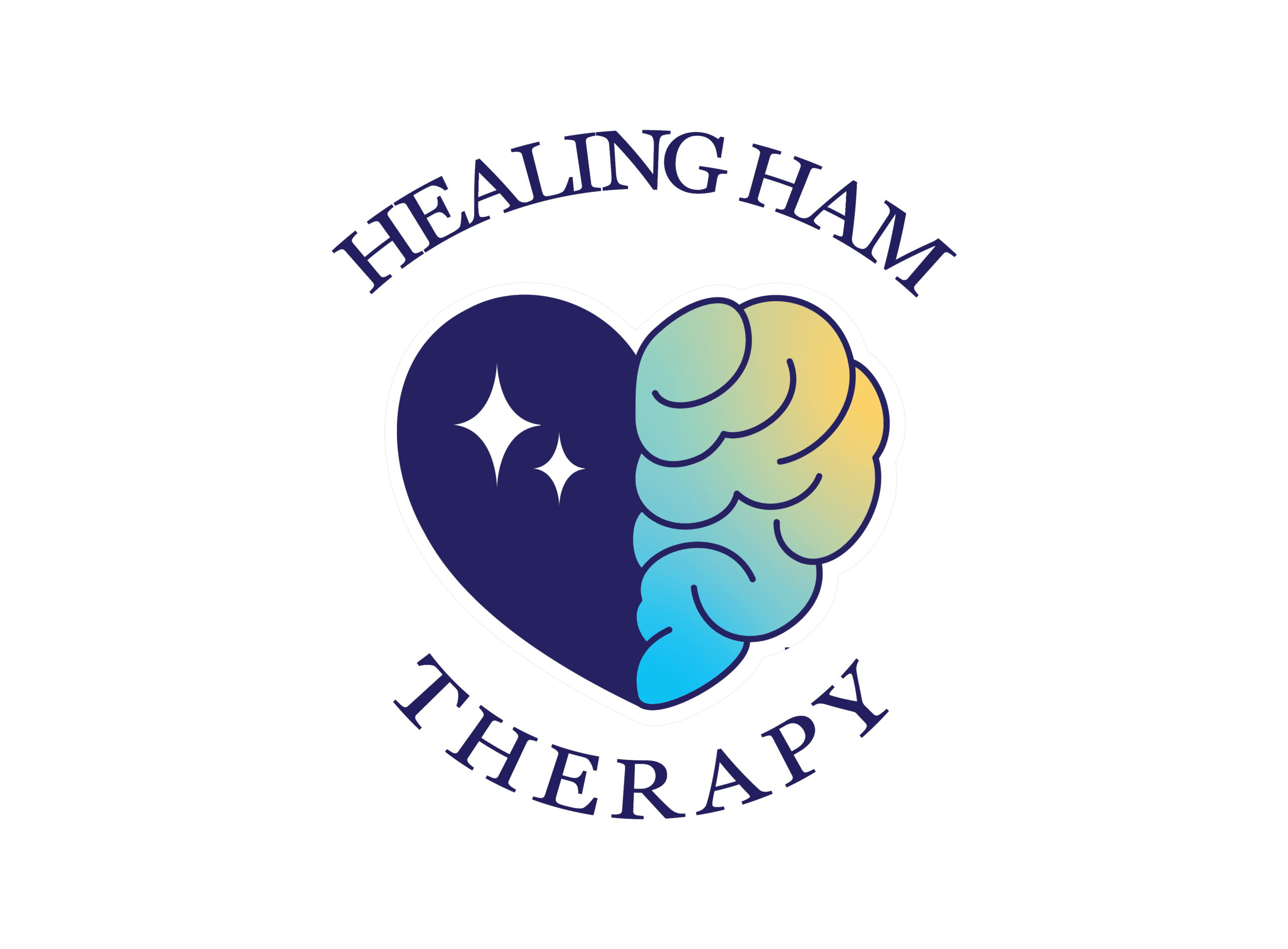What is Trauma-Focused Therapy?

Trauma-Focused Therapy is a treatment specifically aimed at addressing and overcoming the effects of trauma. It focuses on helping you understand and work through the impact of traumatic events on your mental and emotional health. This therapy uses techniques like cognitive processing to reframe negative thoughts and exposure therapy to gradually address trauma-related memories in a safe environment.
Benefits of Trauma-Focused Therapy
Trauma-Focused Therapy is a treatment specifically aimed at addressing and overcoming the effects of trauma. It focuses on helping you understand and work through the impact of traumatic events on your mental and emotional health. This therapy uses techniques like cognitive processing to reframe negative thoughts and exposure therapy to gradually address trauma-related memories in a safe environment.
Benefits of Trauma-Focused Therapy
Healing from Trauma
Emotional Regulation
Improved Mental Health
Benefits of Trauma-Focused Therapy
Approach
Trauma-Focused Therapy uses techniques such as cognitive processing to challenge negative trauma-related thoughts and exposure therapy to gradually face and desensitize trauma memories. These methods help you build resilience and change your response to trauma-related triggers.
Session Structure
Each session involves discussing your current emotional state and progress, followed by therapeutic techniques tailored to your needs. Your therapist provides a safe space to explore and work through trauma at your own pace.
Who Can Benefit from Trauma-Focused Therapy?
If you’re struggling with trauma-related issues like flashbacks, anxiety, or depression, Trauma-Focused Therapy can offer relief and support.

This therapy is ideal for those who have experienced various forms of trauma, including:
- Survivors of Abuse: Those who have faced physical, emotional, or sexual abuse.
- Veterans: Individuals with combat-related trauma.
- Accident Survivors: Individuals with combat-related trauma.
- Those with PTSD: Individuals dealing with post-traumatic stress disorder and related symptoms.
Begin Your Healing Journey

